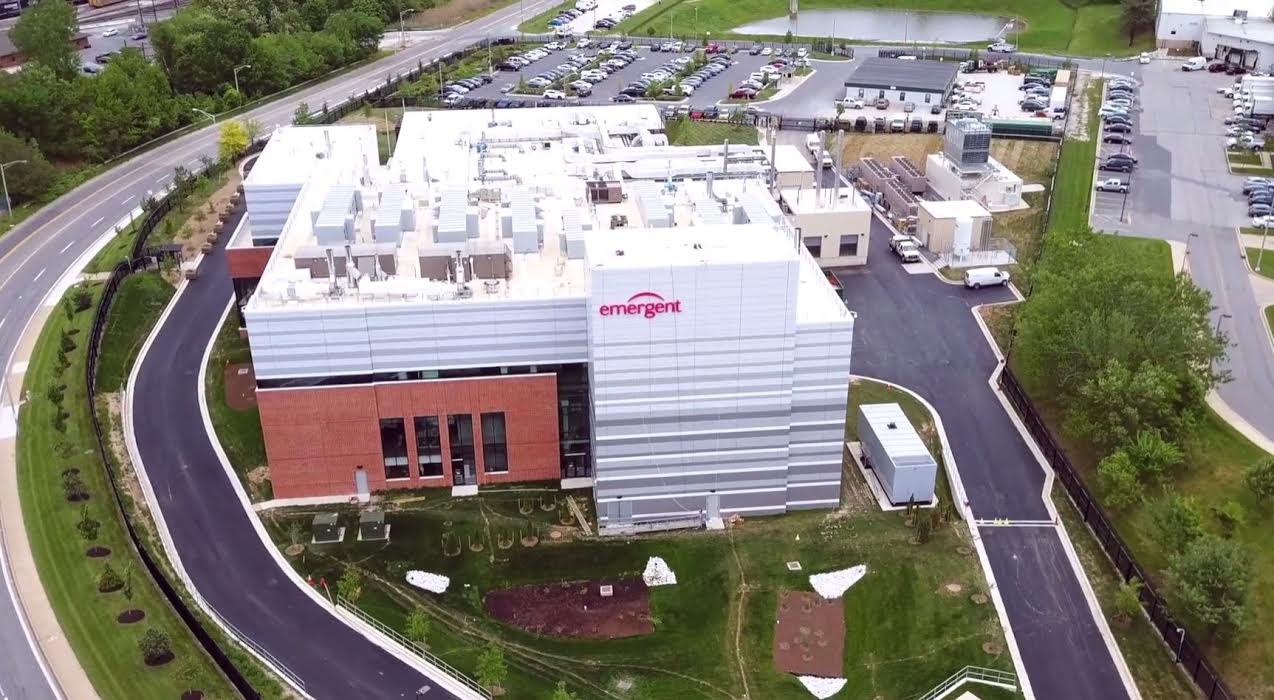
Emergent BioSolutions’ top brass is headed to the Hill amid a congressional probe into the company’s pandemic manufacturing contracts and production errors. The CDMO has been in the crosshairs ever since a production snafu at its Baltimore plant ruined up to 15 million Johnson & Johnson COVID-19 vaccine doses.
The next phase of the investigation will see Emergent founder and executive chairman Fuad El-Hibri and CEO Robert Kramer testify before the House Select Subcommittee on the Coronavirus, the committee announced Wednesday. The execs will be on the hook to discuss Emergent’s “failure” to maintain its manufacturing plants, train employees and comply with FDA standards.
The hearing will also address the Trump Administration’s decision to award the company hundreds of millions to produce pandemic vaccines.
Scheduled for May 19, the hearing comes shortly after the committee launched an investigation to determine whether Emergent leveraged its close connection with the federal government to snare lucrative COVID-19 manufacturing contracts, despite a history of manufacturing problems.
“We welcome the opportunity to answer the Committee’s questions and to discuss our important work supporting the nation’s public health preparedness and response,” an Emergent spokesperson said via email.
RELATED: Emergent’s Baltimore plant flagged for quality control concerns last April, FDA report reveals
The subcommittee, for its part, has taken a more pointed stance: “Emergent’s actions wasted American taxpayer dollars and reduced the number of doses available for global vaccination efforts,” Rep. Jim Clyburn, chairman of the committee, told The New York Times. Congress is seeking answers that are “long overdue,” he added.
In late March, it came to light that workers at Emergent’s Baltimore plant had mixed up the ingredients for Johnson & Johnson and AstraZeneca’s pandemic vaccines. The move led to a temporary pause on future J&J deliveries from the facility, which was commandeered by Johnson & Johnson at the government’s behest in early April. Two weeks after that, Emergent agreed to temporarily halt production of new drug substances there.
Aside from the millions of ruined J&J doses, a recent FDA inspection found there was “no assurance that other batches [had] not been subject to cross-contamination.”
Emergent contends that it’s putting the issues at its Baltimore plant to bed. The company on Wednesday said it had responded to regulators’ observations with a “comprehensive quality enhancement plan.” The company has “already started making improvements” and says it’s “fully committed” to making both short- and long-term enhancements to meet the FDA’s standards.
Emergent continues to hold talks with the FDA and Johnson & Johnson about the release of the drug substance under investigation and a potential resumption of manufacturing, the statement said. “Our focus is on doing our part to help strengthen the global supply chain for Johnson & Johnson’s COVID-19 vaccine,” the company added.
The committee will also be putting Kramer and El-Hibri’s stock transactions under a spotlight, The Times reports. In one recent example, chief executive Kramer sold $ 10 million worth of Emergent stock in January and early February, shortly before the company’s shares took a tumble later that month. On that point, Emergent has said Kramer’s stock trades were pre-established under an earlier trading plan.
The investigation will also focus, in part, on Robert Kadlec, M.D., who worked as a consultant to Emergent until 2015. Kadlec was tasked with leading the Office of the Assistant Secretary for Preparedness and Response (ASPR) under former President Donald Trump, and while he served in that role, Emergent locked up “millions of dollars” in ASPR contracts, the committee claims.
He also appears to have pushed for the CDMO’s $ 628 million contract to produce COVID-19 vaccines, too, “despite indications that Emergent did not have the ability to reliably fulfill the contract,” the House committee said.
“I want to say up front that I take full responsibility,” Kramer said of the production problems during the company’s first-quarter earnings call last month. Around that time, the company revealed a series of executive changes, including the departure of Sean Kirk, the executive vice president in charge of manufacturing and technical operations. Kirk took a “personal leave of absence,” Kramer told investors on the call.
